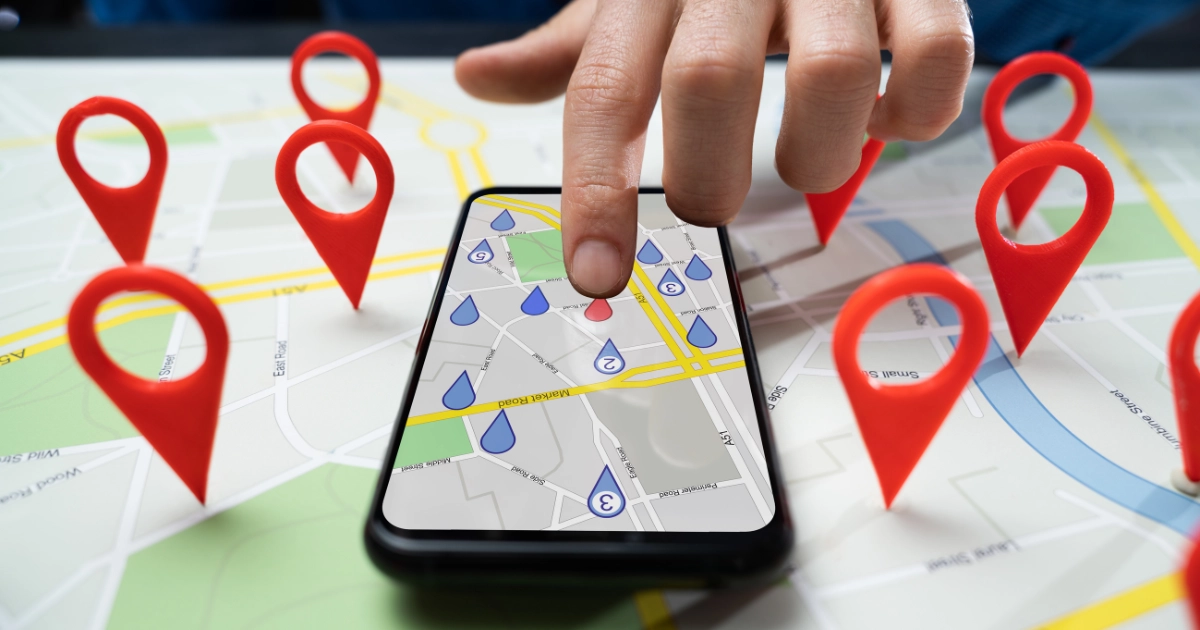In the digital age, local search engine optimization (SEO) has emerged as a powerful tool for small businesses aiming to capture the attention of customers in their vicinity. With a majority of consumers turning to online searches to find local information, ensuring your business ranks prominently on search engines like Google is more crucial than ever. This guide will walk you through the essential steps of optimizing your local SEO strategy, bolstered by compelling stats and real-world case studies, to help your small business thrive online.
The Importance of Google Business Profile
Your Google Business Profile (GBP) listing is the cornerstone of your local SEO efforts. It’s the primary way potential customers find information about your business, including your address, hours, and services. A recent study found that businesses appearing in Google’s local 3-pack receive 126% more visits to their GBP listings than those that don’t. Ensuring your GBP profile is accurate, comprehensive, and up-to-date is the first step toward local SEO success.
Case Study: A local café optimized its GBP listing by adding high-quality photos, updating its hours, and responding to every review, positive or negative. Within three months, the café saw a 50% increase in foot traffic attributed to searches like “café near me” and a 70% increase in website visits from their GBP listing.
Leveraging Local Keywords
Incorporating local keywords into your website’s content, meta titles, and descriptions can significantly improve your visibility in local search results. Keywords like “near me” or “in [City Name]” help search engines understand the geographical relevance of your business to search queries. According to Moz, local search ranking factors indicate that on-page signals, including the presence of NAP (name, address, phone number) and keyword usage, account for 24% of local pack/finder ranking factors.
Building Local Backlinks
Backlinks from reputable local websites not only bolster your site’s SEO but also reinforce your community presence. Collaborating with local bloggers, newspapers, and business associations for features or sponsorships can earn valuable backlinks. A survey by BrightLocal revealed that 84% of SEO professionals believe backlinks significantly impact local search rankings.
Case Study: A small boutique partnered with a popular local fashion blogger for a feature article. The post, which included a backlink to the boutique’s website, resulted in a noticeable boost in both website traffic and search engine rankings for local fashion-related searches.
Managing Online Reviews
Online reviews are a crucial component of local SEO. Not only do they provide valuable feedback, but they also affect your search rankings. Google has stated that high-quality, positive reviews from your customers will improve your business’s visibility. Encouraging satisfied customers to leave reviews and responding professionally to all reviews can enhance your reputation and SEO.
Conclusion
Local SEO is an invaluable strategy for small businesses looking to attract more customers from their surrounding area. By optimizing your Google Business Profile listing, leveraging local keywords, building local backlinks, and managing online reviews, you can significantly improve your local search rankings. As the digital landscape continues to evolve, staying informed and adapting your strategies will be key to local SEO success. Remember, the goal is not just to be seen but to be chosen by your local community.





